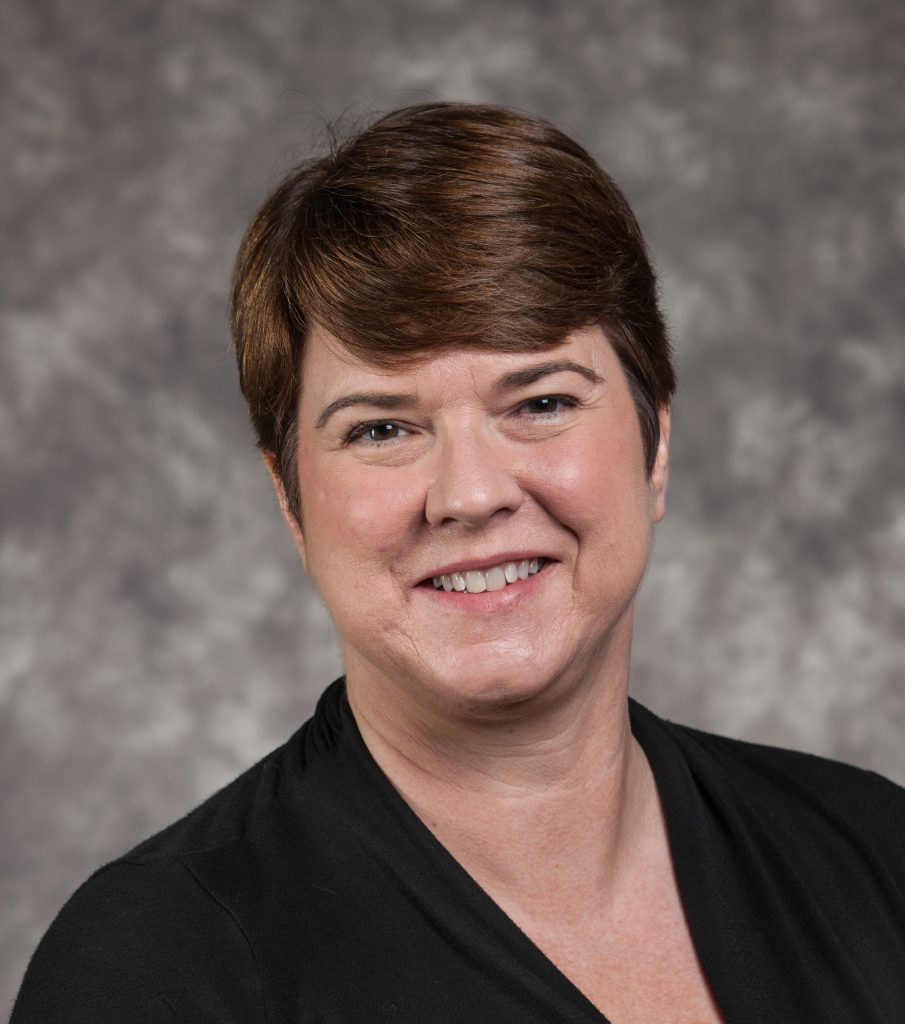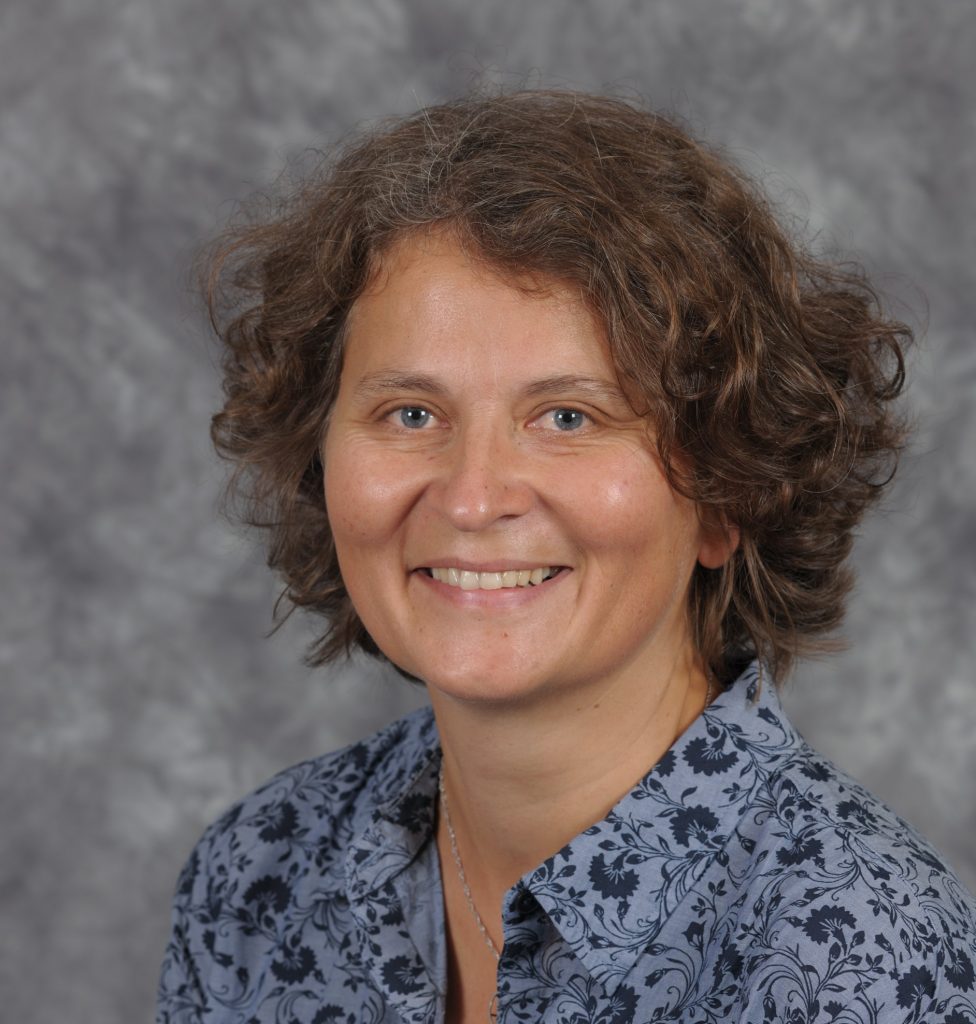Working to improve diversity and inclusion on campus is a tall order, especially when the campus is as large as FIU, with over two thousand instructional employees. A new program is being launched to make sure faculty members have easily identifiable point persons to whom they can turn for help.
The Equity Advisor program, which designates one faculty member from each college to act as an Equity Advisor, began in Fall 2019. The three current Equity Advisors are Caroline Simpson, professor, physics, for the College of Arts, Sciences & Education; Susanne Zwingel, associate professor, politics & international relations, for the School of International & Public Affairs, and Anthony McGoron, associate dean for academic affairs, for the College of Engineering and Computing.
Selected jointly by the college dean and the Office to Advance Women, Equity & Diversity (AWED), equity advisors have a number of roles within their colleges as they work with AWED and their college leadership concerning policies and procedures related to diversity and equity efforts. For example, they coordinate with college search and screen committees on strategies to recruit a diverse pool and best practices for evaluating and interviewing candidates and act as a resource for helping departments develop, implement, and track progress on their diversity plans.
Simpson believes the creation of these positions is a very tangible demonstration of how important institutionalization is to creating change on campus, and finds it rewarding to be involved in a program that’s making changes that are important for the success of not just individual faculty, but the university as a whole. “If we want real transformation, we need to create policies, procedures, and practices that are sustainable moving forward. These positions ensure that work can continue.”
Simpson has been passionate about faculty hiring and gender and equity issues for years. Part of the work EAs do is to participate as facilitators in STRIDE, Bystander, and other AWED training programs. “Because the work that AWED does is based on best practices established by research, it’s a gold standard,” says Simpson. “It’s very rewarding to be involved in evidence-based practices, with the hope that we really can and in fact are making a difference.”
Zwingel’s teaching and research is gender related, so she’s long been aware of gender hierarchies and how they apply to societies and their institutions, including universities. One thing that stood out to her after becoming an Equity Advisor was the fact that many departments default to thinking of diversity only in terms of hiring. “While hiring is a pivotal moment for increasing diversity in a department, there are many other things a department can work on,” she says.
Examples include focusing on graduate student recruitment, making changes to the curriculum, or trying to improve the departmental climate. Equity Advisors work in an advisory capacity, and help departments as they determine what and how to foster increases in diversity and inclusion in ways that aren’t imposing. “Departments need to both initiate and then continue to keep conversations going about the achievements and challenges they may have when it comes to diversity and inclusion. The important point is to keep these ideas alive in our daily departmental lives.”
McGoron became an Equity Advisor not only as a way to become a better employee, supervisor and administrator, but also to help serve FIU faculty.
“I believe that staff, faculty and administrators try to be fair and equitable in hiring, promotion, and making assignments and want to ensure our workplace is rewarding and the environment safe and comfortable,” says McGoron. “The ADVANCE program offers opportunities to help us all reflect on exactly what that means and provides a guide and tools to put it into practice.”



